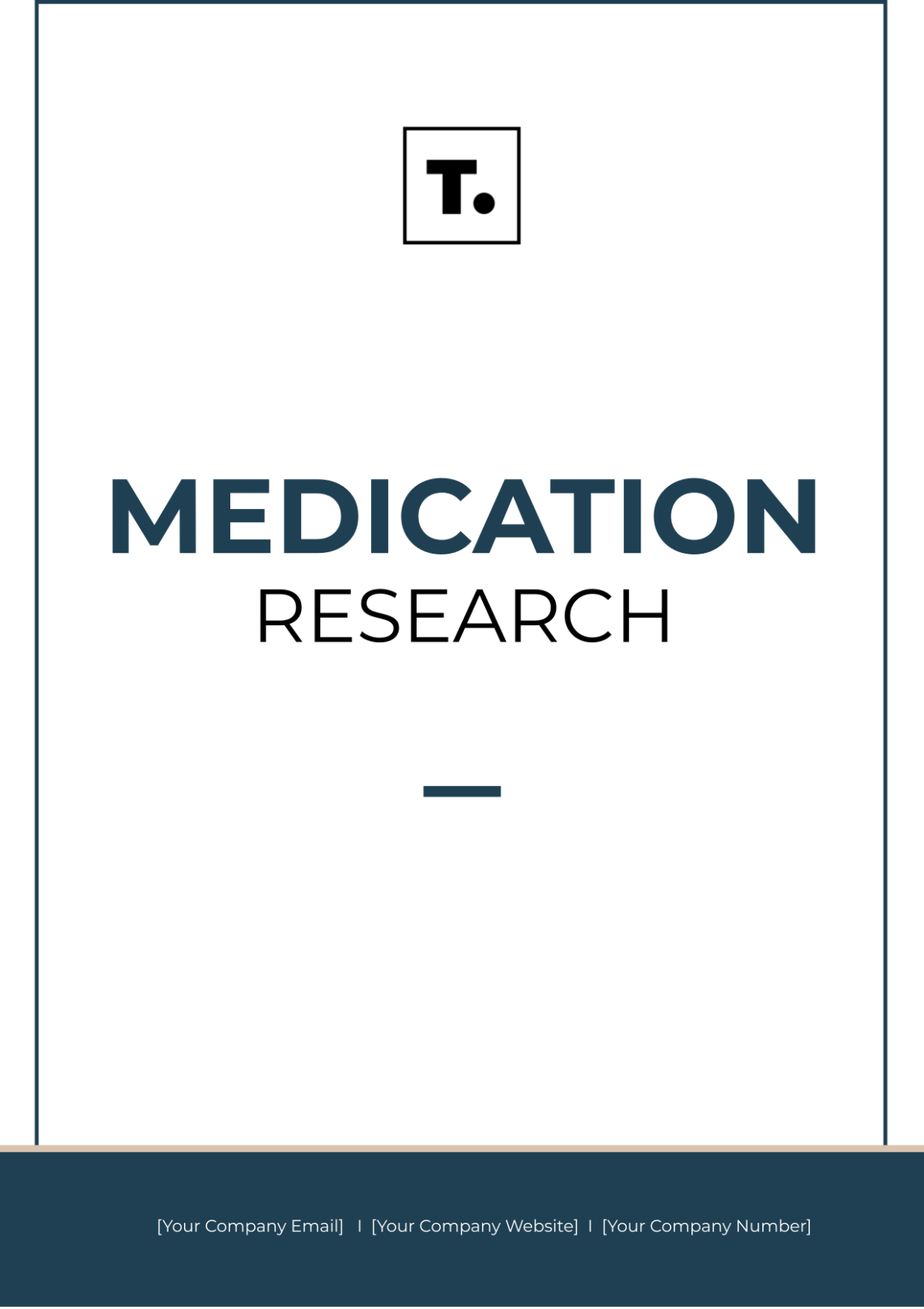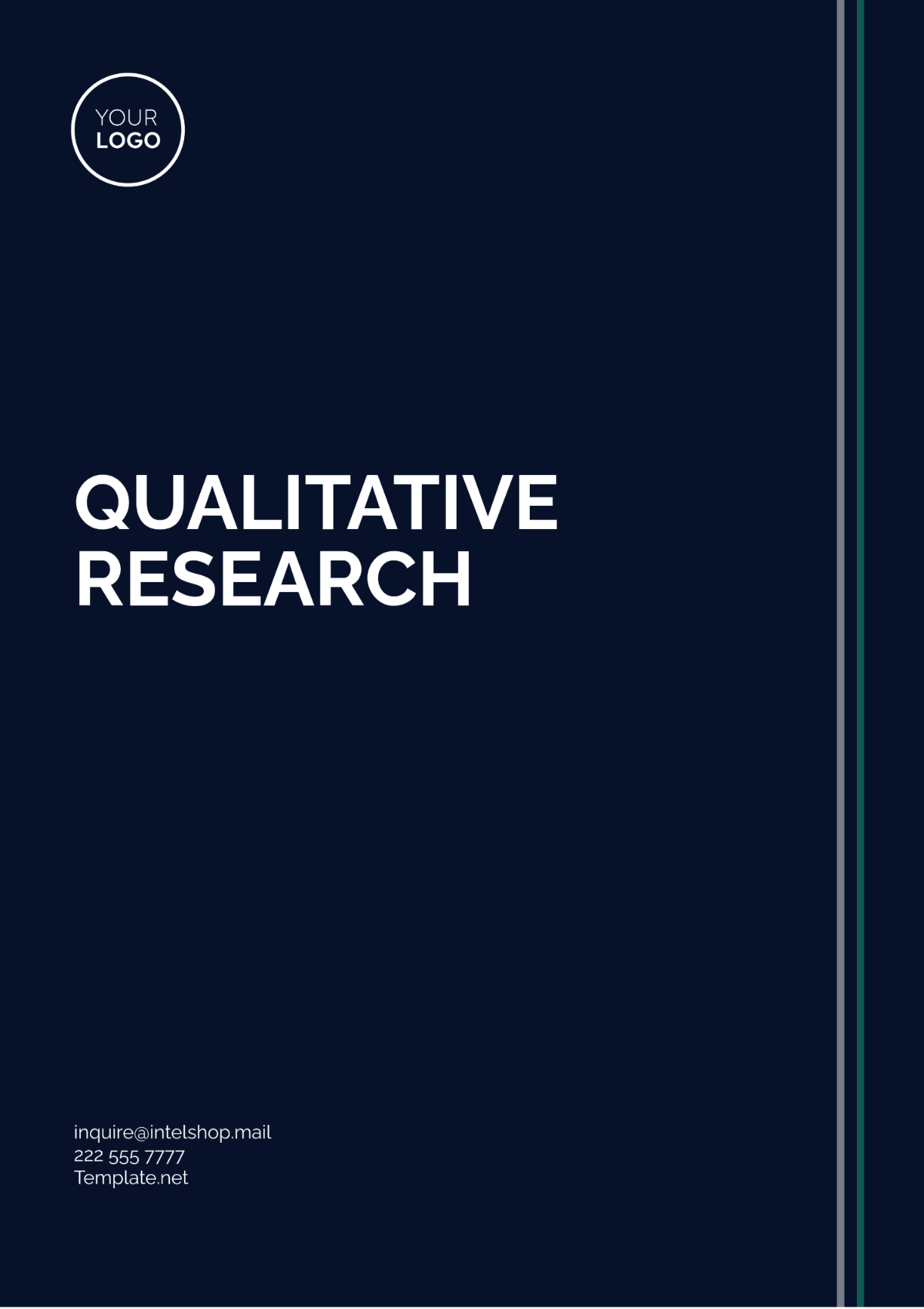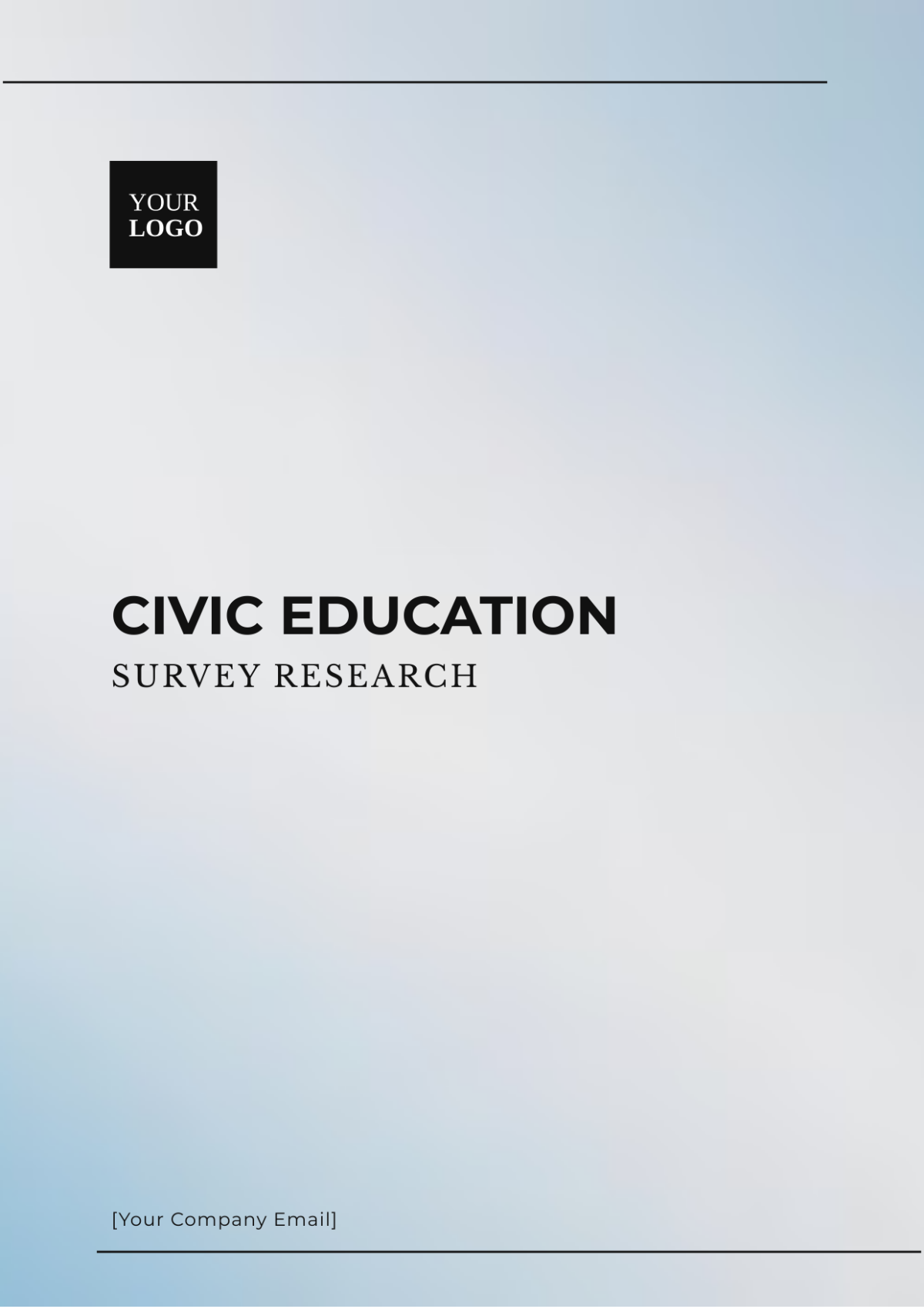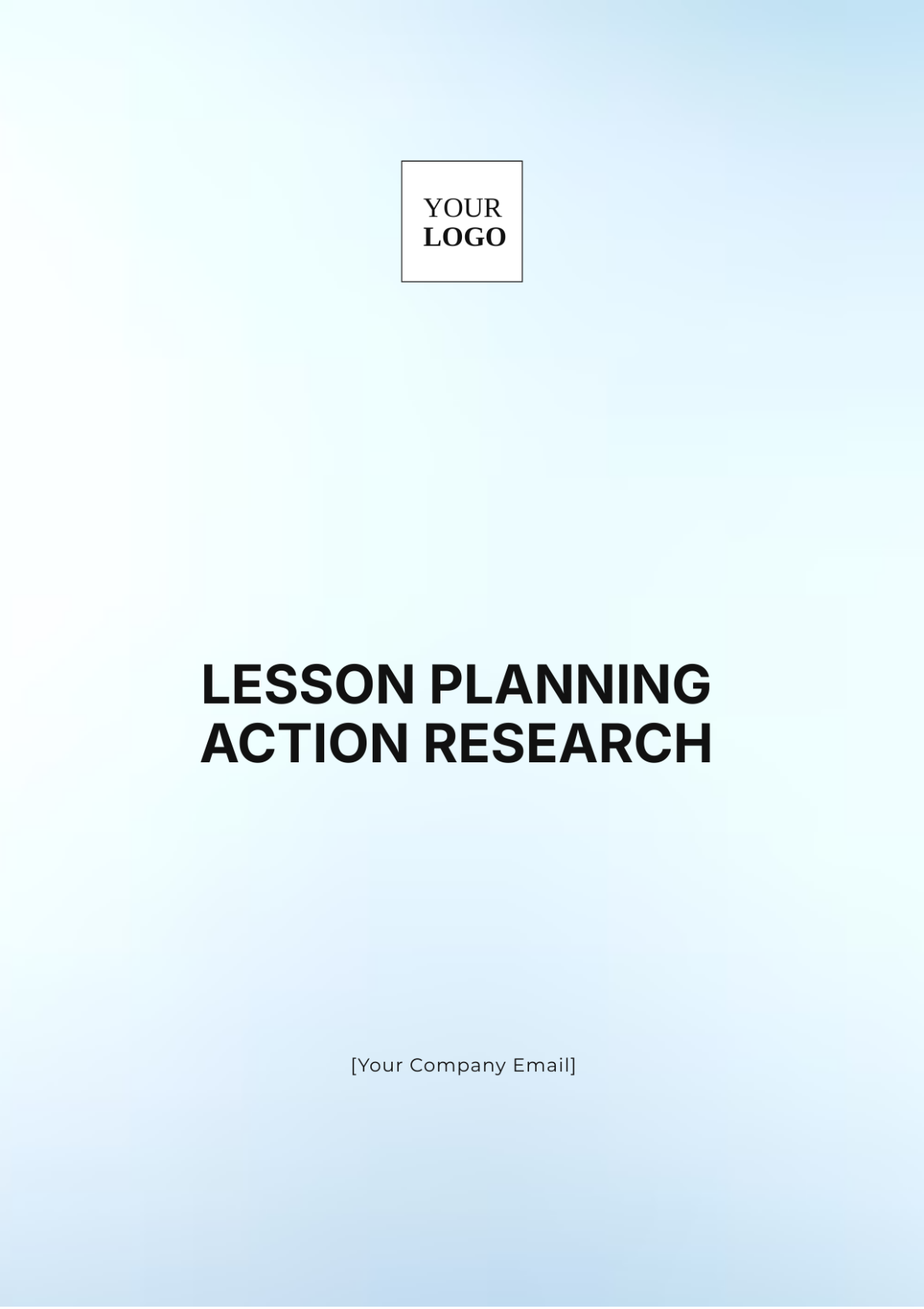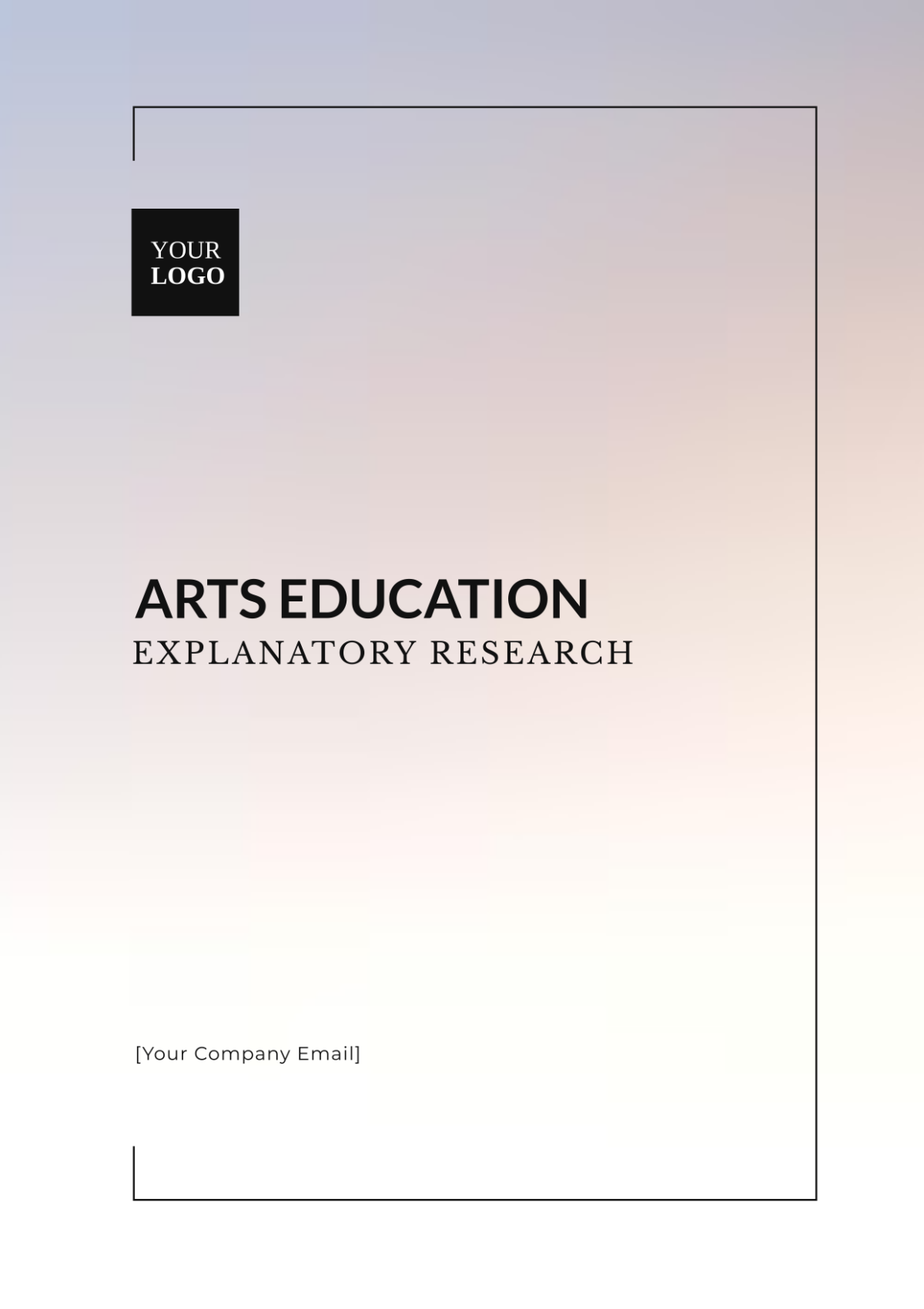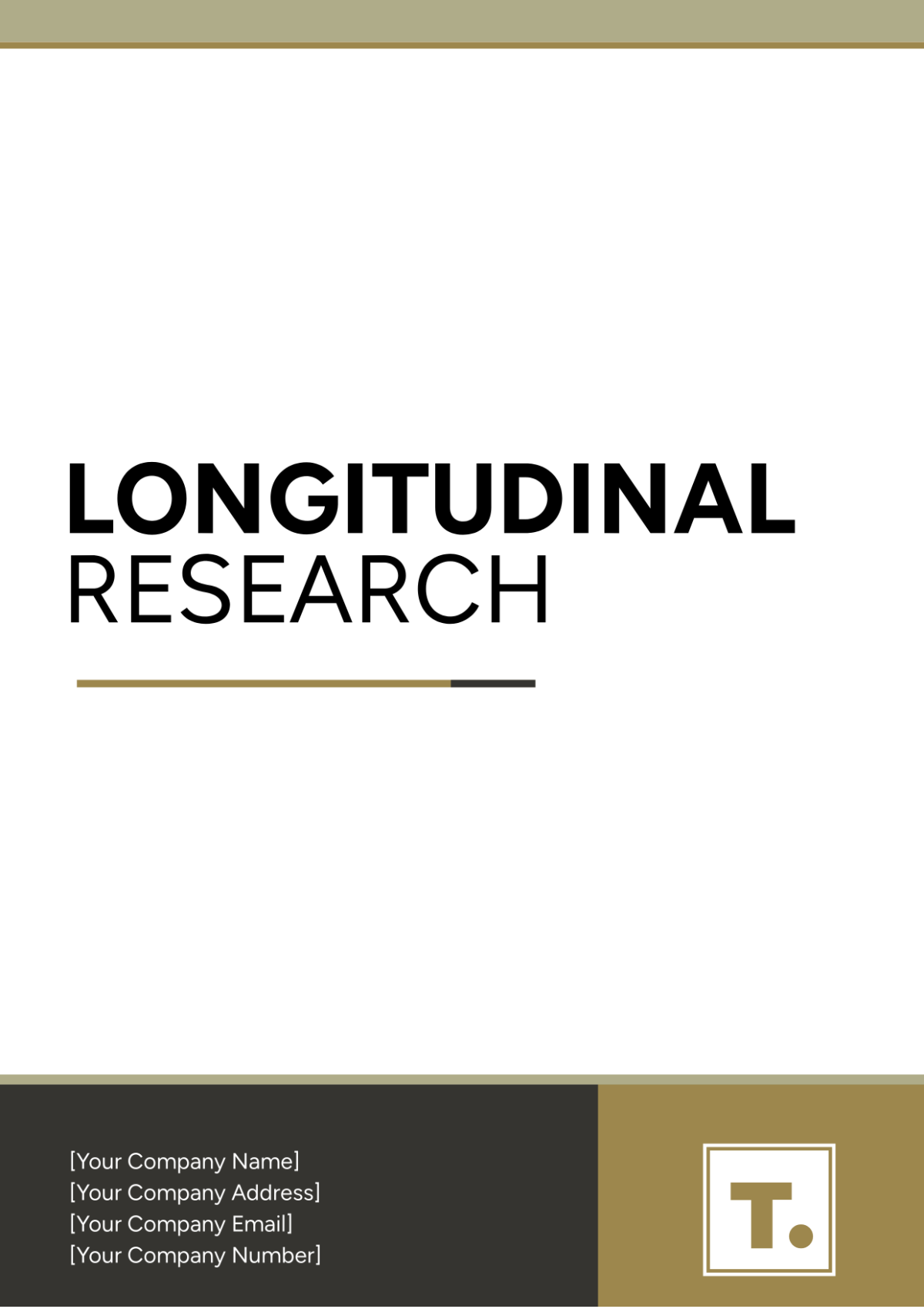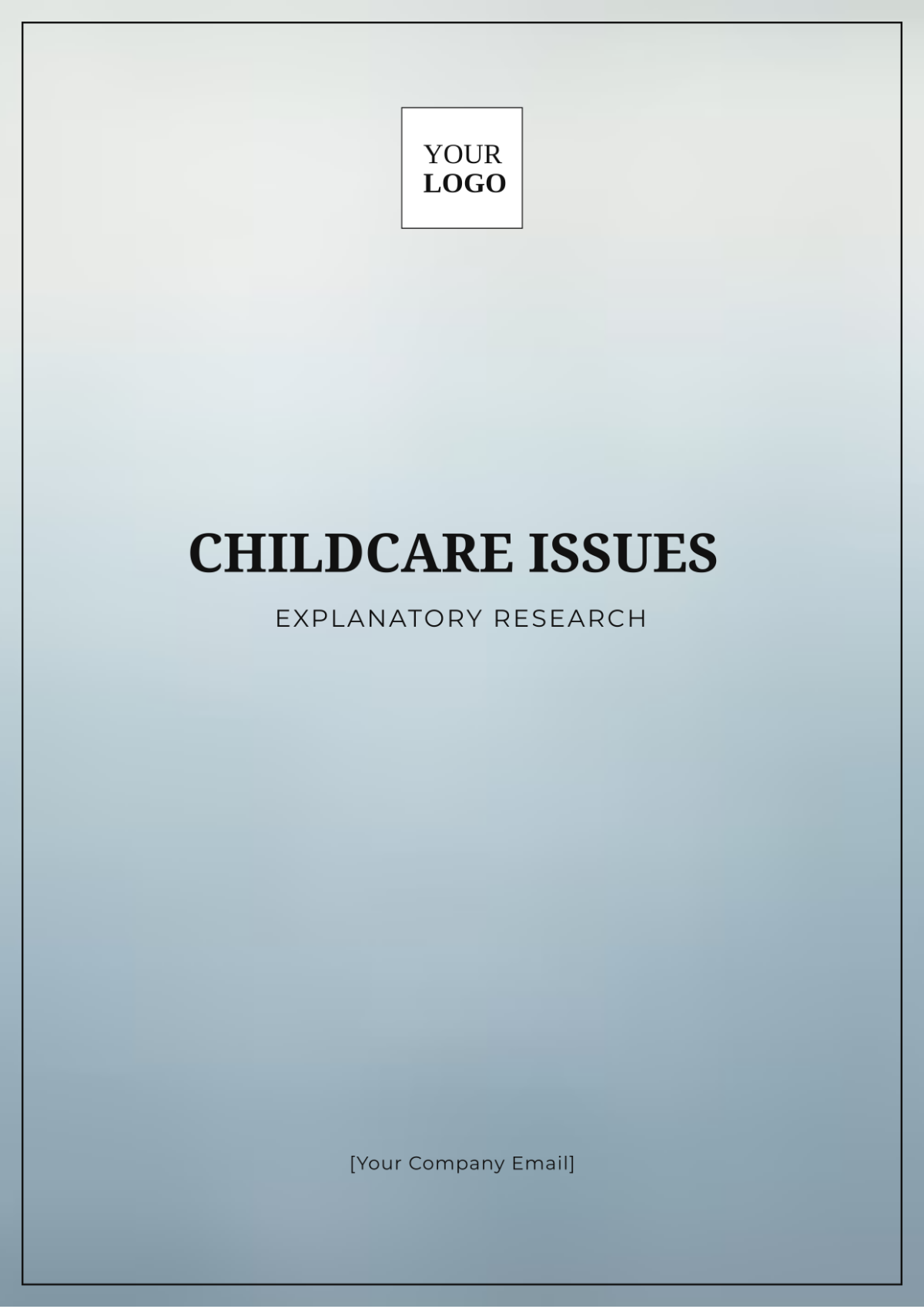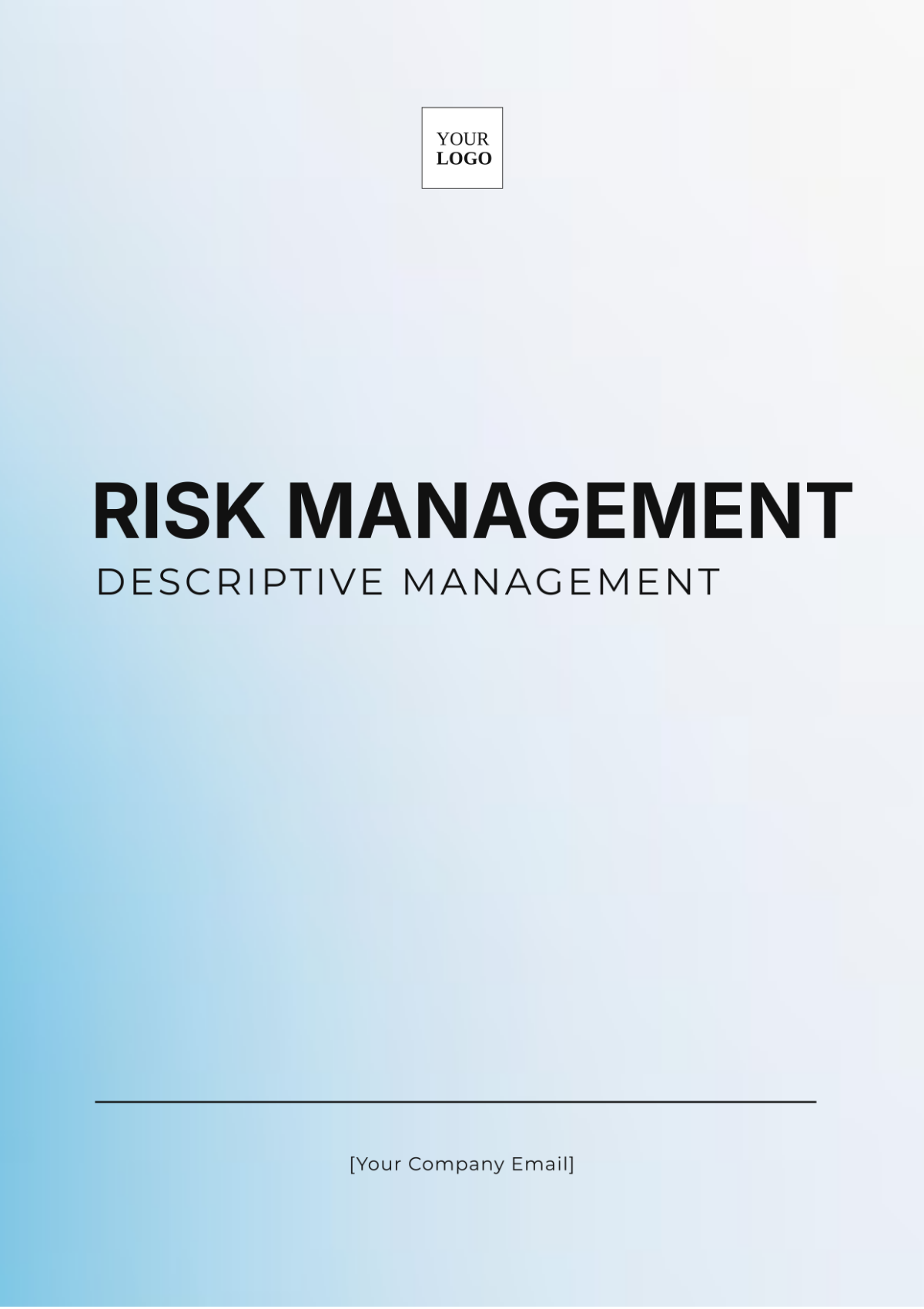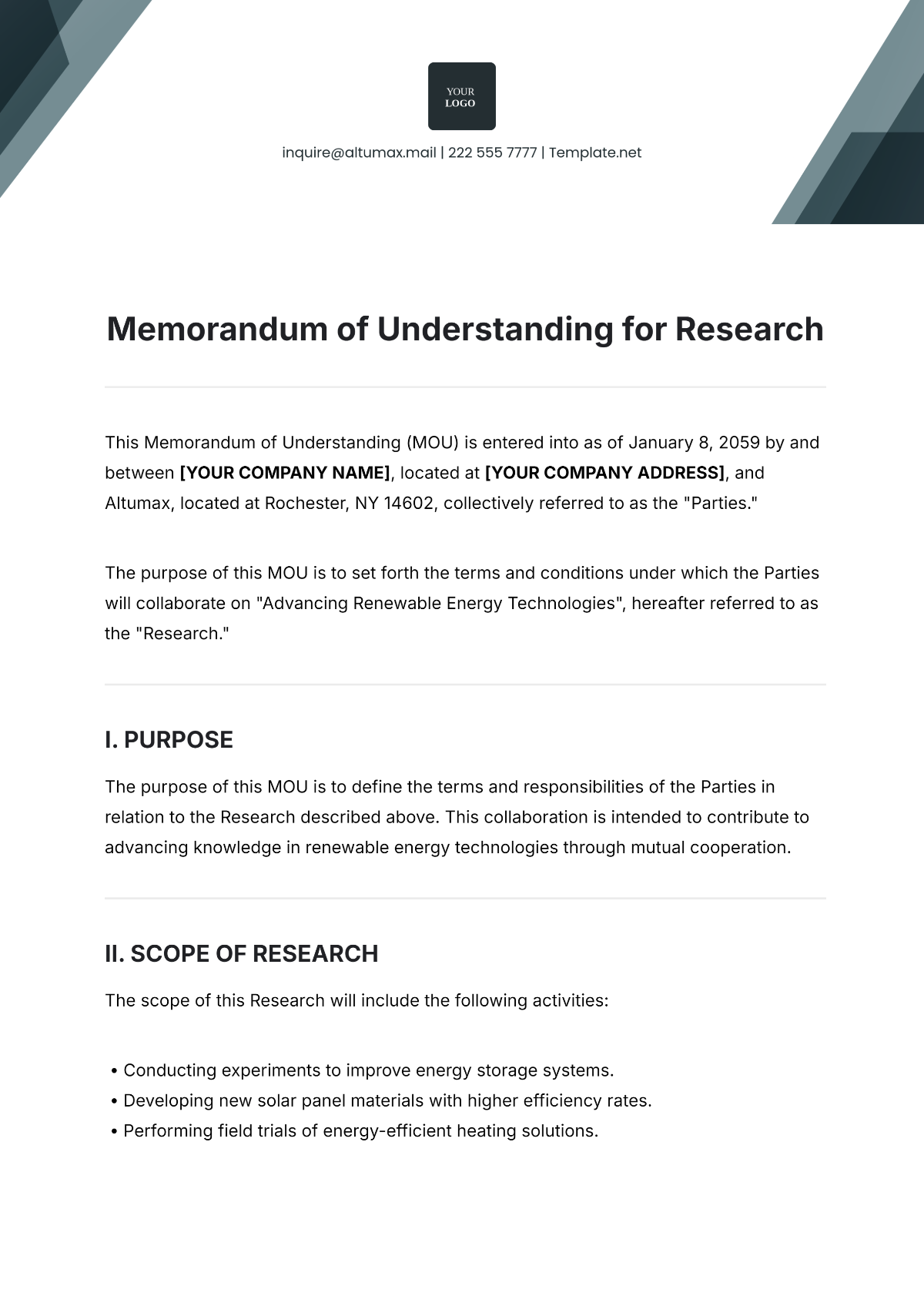Action Research
Research Done By: [Your Name]
Research Done For: [Your Company Name]
I. Introduction
Teaching practices in education play a crucial role in shaping the learning experiences and outcomes of students. As educators strive to enhance their teaching methods, the concept of action research emerges as a powerful tool for driving continuous improvement. This research explores the application of action research in improving teaching practices, highlighting its benefits and key considerations.

II. Background
Action research is a systematic approach that empowers educators to identify areas for improvement, develop and implement strategies, and evaluate the impact of these changes. By actively engaging in the research process, educators can gain valuable insights into their teaching practices and make informed decisions to enhance student learning.
III. Key Components of Action Research
Identifying the Problem: Educators begin by identifying a specific problem or challenge in their teaching practice that they wish to address.
Planning: A detailed plan is developed outlining the research question, methodology, data collection methods, and timeline for implementation.
Action: Educators implement changes in their teaching practice based on the research plan.
Observation: The effects of the changes are observed and data is collected to assess their impact.
Reflection: Educators reflect on the results of the action research and make adjustments to further improve their teaching practices.
IV. Benefits of Action Research
Improved Teaching Practices: Action research helps educators identify and implement effective teaching strategies.
Enhanced Student Learning: By improving teaching practices, educators can enhance student engagement and learning outcomes.
Professional Development: Engaging in action research allows educators to develop their skills and knowledge.
Collaboration: Action research encourages collaboration among educators, leading to a culture of continuous improvement.
V. Considerations for Conducting Action Research
Ethical Considerations: Educators must ensure that their research is conducted ethically, respecting the rights and privacy of students.
Resource Allocation: Adequate resources, including time and support, are essential for successful action research.
Data Collection and Analysis: Educators must use appropriate methods for collecting and analyzing data to ensure the validity and reliability of their findings.
VI. Conclusion
Action research offers educators a powerful framework for improving teaching practices and enhancing student learning. By actively engaging in the research process, educators can drive meaningful change in their classrooms and contribute to the continuous improvement of education.
VII. References
Anderson, G. L., & Herr, K. (2055). The action research dissertation: A guide for students and faculty. SAGE Publications.
Burns, D. (2050). Teaching action research: A practical guide. SAGE Publications.
Osterman, K. F., & Kottkamp, R. B. (2054). Reflective practice for educators: Improving schooling through professional development. SAGE Publications.
Schmuck, R. A., & Schmuck, P. A. (2059). Group processes in the classroom (10th ed.). Waveland Press.
Stringer, E. T. (2053). Action research (4th ed.). SAGE Publications.


